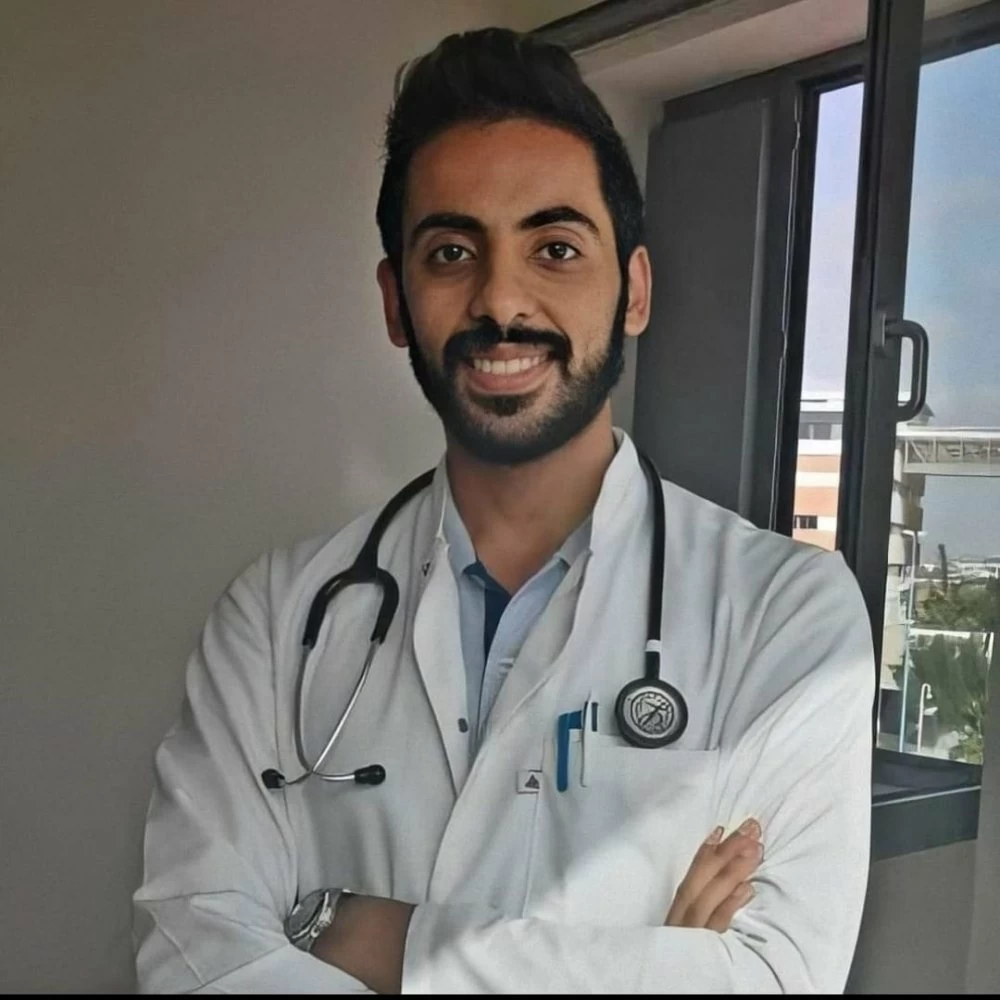With the arrival of thewinterTHE respiratory diseases appear everywhere: colds, flu, cough persistent, difficult to escape. In this season, the respiratory viruses find an ideal environment to propagate, favored by low temperatures, poorly ventilated enclosed spaces and more indoor life.
Every year, a general feeling spreads: the symptoms seem to become more and more severe. But is this impression founded? Are we really facing more aggressive forms of these infections ?
The specialists we contacted to try to answer this question are all reassuring. They insist on the absence of alarming signs this year. According to them, the situation remains comparable to previous seasons, with no unusual increase in the severity or frequency of respiratory infections. “Like every cold season, seasonal respiratory viruses usually circulate in Morocco, like many other countries. This year does not present any new developments or unusual situations. OUR epidemiological monitoring system confirms the presence of influenza, rhinovirus as well as Sars-CoV-2. Furthermore, other viruses, such as métapneumovirus human (HMPV), are also detected, but at low levels, as is generally the case during this period,” says Dr Mouad Mrabet coordinator of National Public Health Emergency Operations Center au Ministry of Health.
Same story with Professor Saïd Motaouakkilresuscitator-anesthesiologist, who confirms that the current situation fits perfectly into the usual framework of winter respiratory infections. “Respiratory-tropic viruses are most common during this winter period marked by cold and humidity. Among them, we find: the influenza virus, which is currently particularly widespread throughout the world, the viruses responsible for coldsthe respiratory syncytial virus (RSV)the virus Covid-19as well as the human metapneumovirus (HMPV), whose circulation remains more limited,” he says.
“Clinically, these viruses cause similar symptoms: fever, cough dried, fatigue, joint pain et sore throat», Explains the doctor. And to specify that “in certain cases, the infection can reach the lungs in depth, leading to dyspnea. This complication can progress to respiratory failure requiring emergency treatment. resuscitation. To establish a diagnosis, we have examinations of laboratory capable of identifying the virus in question, and these tests are available in Morocco.
Regarding treatment, Professor Motaouakkil emphasizes that it is mainly based on symptomatic treatment, including antipyretics for fever, painkillers for pain and supplementation vitamins. There are also antiviral treatments for influenza and Covid-19, but there is not yet a specific antiviral treatment against human metapneumovirus (HMPV). “This virus, discovered in 2001, is known to have been circulating for more than 50 years, as evidenced by analyzes of sera from former patients. In Chinethere is no situation ofhealth emergency linked to this virus. L’World Health Organization (WHO) nevertheless monitors the epidemiological situation, without issuing specific recommendations for the moment,” indicates the expert.
The people most sensitive and likely to develop serious forms of these infections are obviously young children, people aged over 65, patients suffering from chronic illnesses, as well as those with an immune deficiency. “It is important to remain vigilant against these infections, while keeping in mind that they remain under control,” reassures Professor Motaouakkil.
Interview with Dr Ayman Aït Haj Kaddour, doctor lecturer
Le Matin: Do the viruses circulating this winter present any particularities in terms of transmission, virulence or duration of symptoms compared to previous seasons?

Dr Ayman Aït Haj Kaddour: This winter, the usual respiratory viruses such as seasonal flu, respiratory syncytial virus (RSV) and coronaviruses (including Sars-CoV-2) continue to circulate. Transmission remains similar, mainly through direct contact, respiratory droplets and aerosols in enclosed environments. However, with the reduction in barrier measures compared to previous years, their spread could be more rapid.
Some variants of Sars-CoV-2 may be more contagious, although their virulence is often reduced thanks to vaccination.
For influenza, the H1N1 strain predominates, with classic symptoms, but sometimes prolonged in patients at risk.
Does co-infection with several viruses (flu, Covid-19, other respiratory infections) lead to specific complications this year?
Co-infection with several viruses is possible and can lead to more severe symptoms, particularly in the elderly, children, and immunocompromised patients.
-Co-infection with multiple viruses can also cause an increased inflammatory burden, increasing the risk of complications such as pneumonia.
In Morocco, where rapid access to care may be limited in certain regions, these co-infections must be closely monitored.
How do mutations or the appearance of new variants influence the spread and severity of epidemics?
Viral mutations, particularly for Sars-CoV-2, can facilitate faster spread (increased transmissibility), and influence the immune response and decrease the effectiveness of existing vaccines or treatments. However, the vaccines available in Morocco, particularly for influenza and Covid-19, remain effective in reducing severe forms, even in the event of new variants.
What symptoms should you watch for to quickly identify common viral infections in winter, and when should you consult a healthcare professional?
Each virus causes symptoms specific to its infection. For example for the flu, you can have high fever, fatigue, muscle pain and dry cough, for Covid-19 it is generally fever, cough, sore throat, loss of taste/smell… and for RSV, nasal congestion, cough, and difficulty breathing especially in children.
It is absolutely necessary to consult if the fever exceeds 39°C or persists for more than 3 days. It is also urgent to go to the doctor in the event of difficulty breathing, cyanosis or excessive fatigue. For children, a rapid consultation is necessary as soon as signs of dehydration, rapid breathing or changes in general condition appear.
Are the treatments available for seasonal viral infections in winter really effective?
For common viral infections like the flu, antivirals like oseltamivir are effective when given early (within the first 48 hours). Symptomatic treatments (antipyretics, hydration) remain essential. For Covid-19, specific antivirals and monoclonal antibodies are reserved for serious cases or patients at risk. It should be noted, however, that no antiviral treatment is completely curative for new variants or mutations. Vaccination remains the best prevention tool.
What specific measures should we take to protect ourselves?
To protect yourself this winter, it is recommended to be vaccinated against flu and Covid-19, particularly for at-risk groups (children, elderly people, pregnant women). Without forgetting barrier measures such as wearing a mask in closed or crowded places, frequent hand washing and social distancing. It is also necessary to strengthen immunity through a balanced diet rich in vitamins (C, D), adequate hydration and sufficient sleep.






